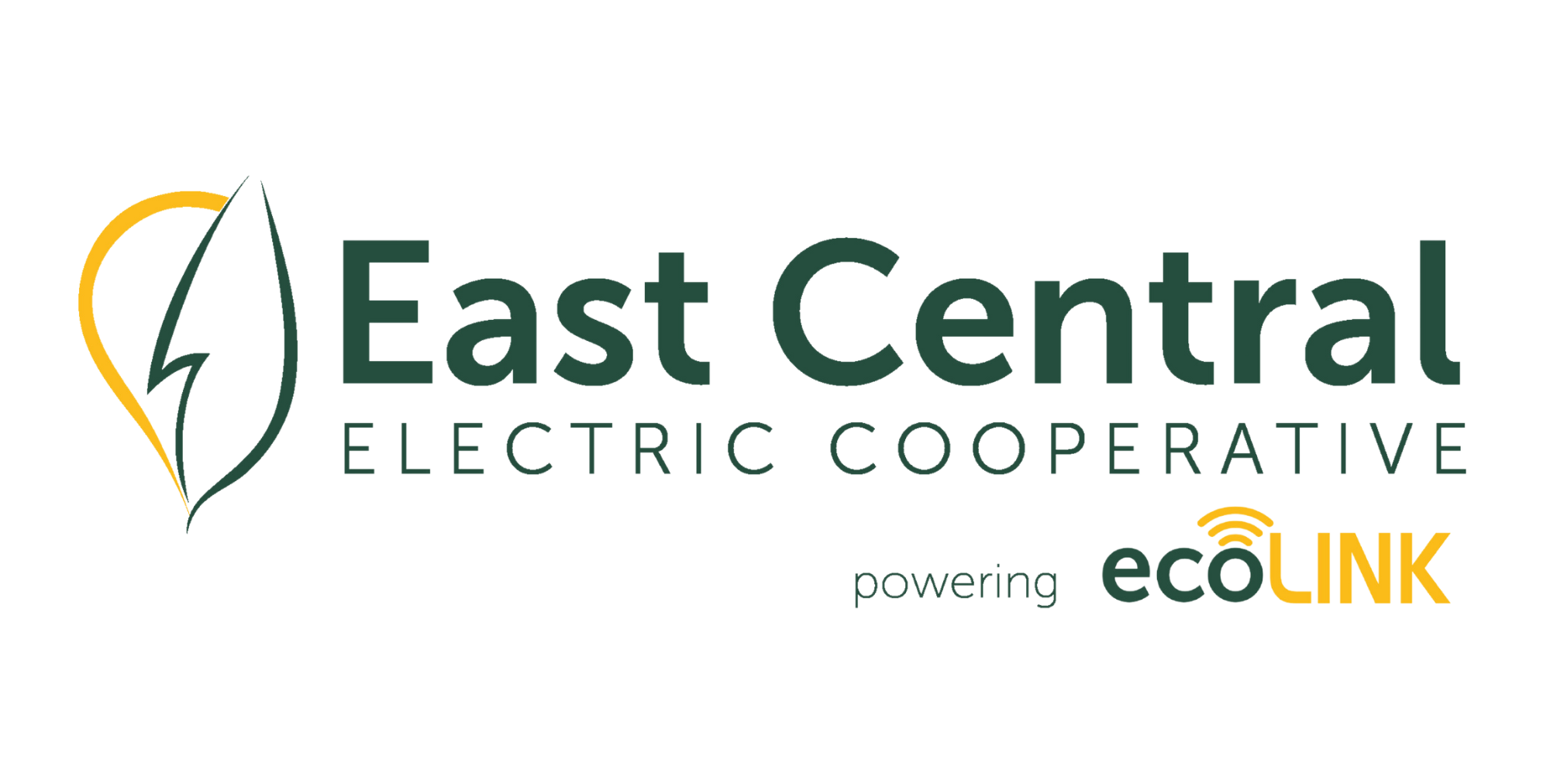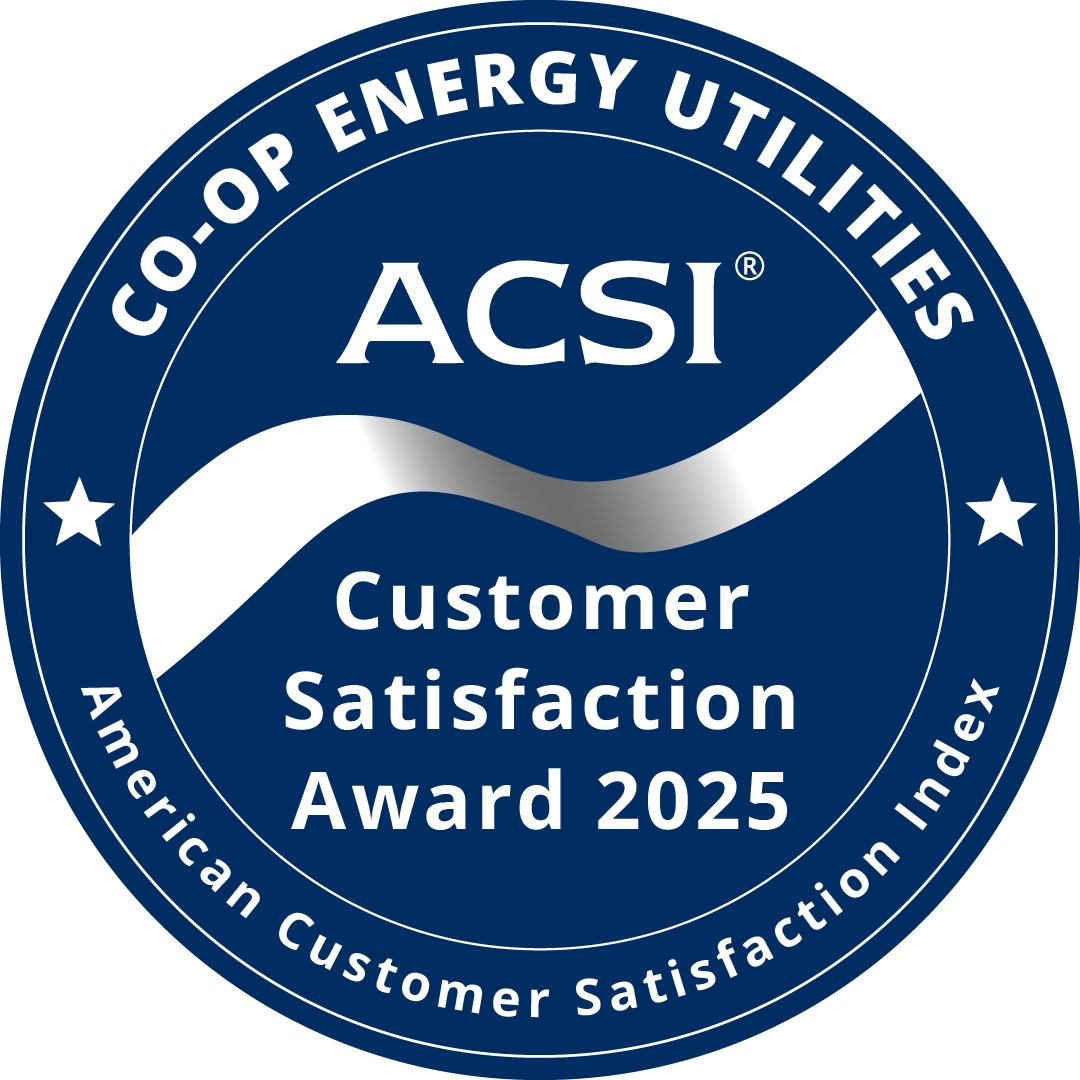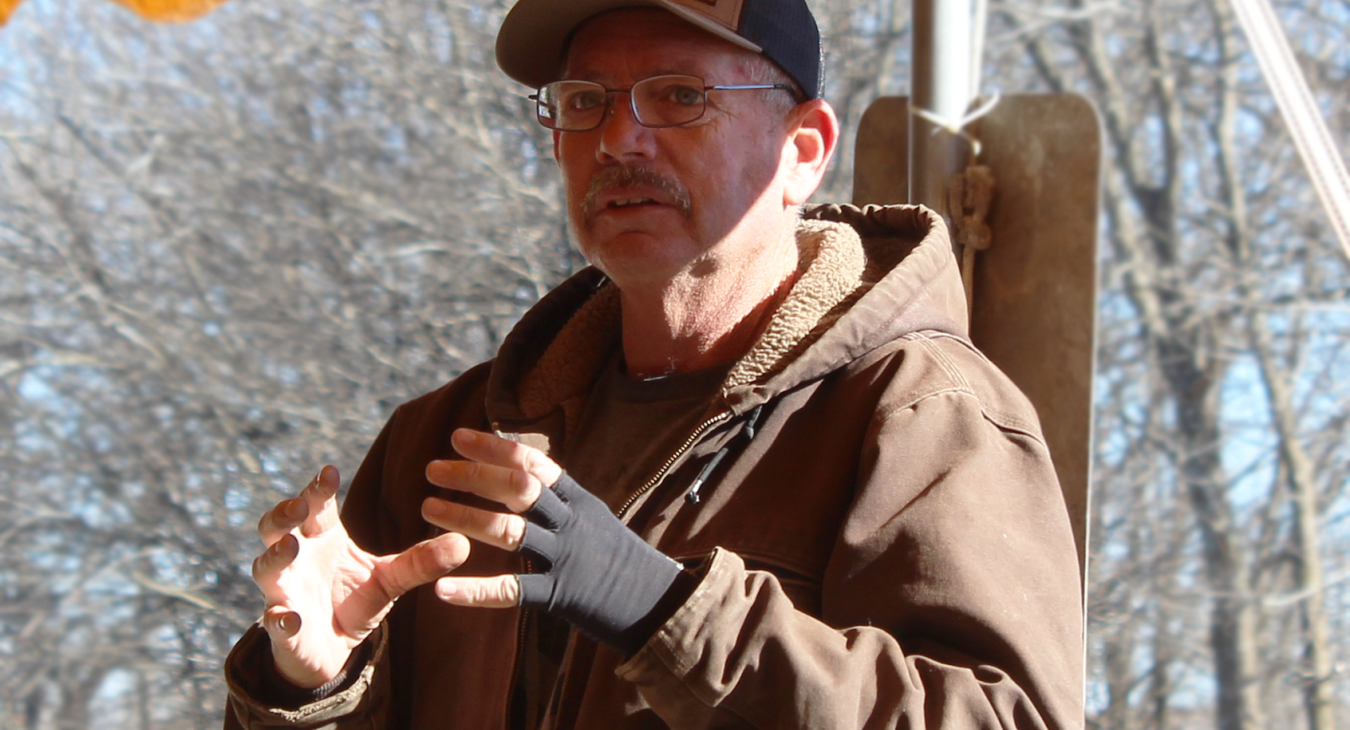When the cancer treatment specialist told ECE member Bob Rider, “we haven’t seen anybody come through the things you have,” that’s when he realized he was on to something.
For 15 years, Rider has practiced aquaponic farming at his home near Beggs. Without visiting a grocery store, Rider has access to pesticide-free, organic fruits and vegetables, fresh fish, goat milk, and farm-fresh eggs. His passion for this innovative form of farming is inspired by a calling he feels to, “feed God’s people.”
And so, 13 years ago when Rider began recovering from what should have been a terminal onset of kidney cancer, the doctors wanted to see his lifestyle for themselves.
“I’ve had doctors as far as St. Louis and Kansas City come out to see what I’ve got going,” Rider said.
Multiple universities have sent agricultural and nutrition experts to Rider’s farm to study the careful balance of the components that keep fish and plants thriving in an enclosed ecosystem. In partnership with those universities over the last decade, the scientific understanding of the capabilities of aquaponic farming have flourished.
“This is the future of farming,” Rider said.
“Outside, with the elements, the weather, the floods and rain, you can’t depend on a crop producing through the end,” he said. “In here, you’re in control of it.”
A constant bath of nutrient water helps plants grow four times faster, year-round, on a much smaller footprint than what’s required for traditional farming.
“I don’t knock GMOs. I don’t knock Big Ag,” Rider said. “I’ve been to Africa, and I’ve seen the alternative. The alternative is much worse, and if we didn’t have it, we’d starve.”
The way Rider sees it, aquaponics is a space-saving and cost-effective alternative that gives individuals the freedom to prioritize the lifestyle that matters to them.
Rider’s company, Olive Branch Aquaponics is currently focused on teaching self-sustainability practices to anyone with a desire to learn. Classes range from the basics of what self-sustainability means, to the hands on of building a greenhouse, setting up an aquaponics system, and growing and preserving food.
“I’m showing people how to take what I do on 20 acres, and do it in their own back yard,” Rider said.
One example is a combined aquaponic greenhouse and chicken or rabbit coop that requires just 300 square feet. Most of the systems he teaches require only about 20 minutes a day to maintain.
East Central Electric Cooperative supports our co-op members as they implement their innovative ideas for the benefit of the communities we serve. We empower members with access to fiber broadband and our economic development programs.
Championing the members who are feeding our future is one of many ways East Central lives by our mission statement, “serving our members and communities.”



